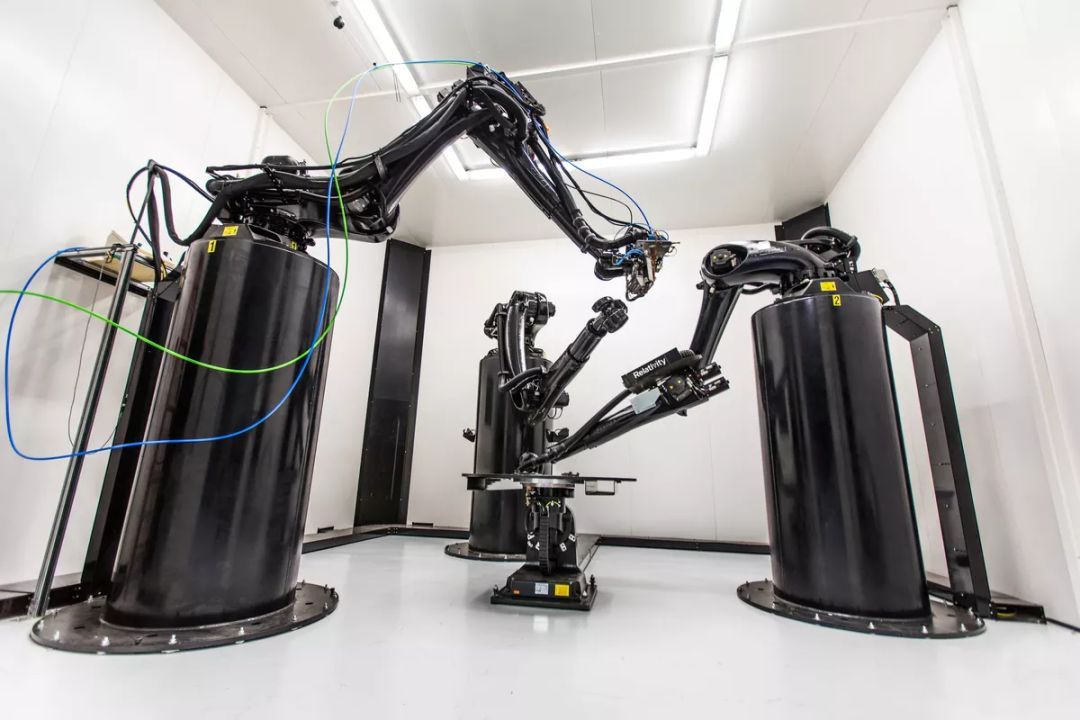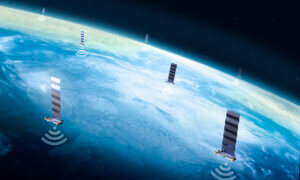Relativity Space was funded back in 2016 with one vision in mind: to launch 3D printed rockets into space.
The company has grown exponentially since then – it has managed to raise over $45 million in funding and Telesat trusted their vision enough to allow them to launch a part of its future 5G satellite constellation. In addition to that, the U.S military gave the company a launch pad at Cape Canaveral.
One of its co-founders, Tim Ellis, is only 28 years old but has managed to rope in a number of well-known names in the industry, including SpaceX.
Six years before, Ellis was studying for his aerospace engineering masters at the University of Southern California but his company now has grown from 14 to 60 employees in just one year and already has plans to recruit 40 more in 2019.
Relativity Space is the first company to set up camp at the Cape Canaveral Air Force Station who managed to raise all of its funding through venture capital alone.
The idea behind 3D printing rockets is that they will require 100 times less parts than the traditional ones.
“We’ll only be experts in like two or three (technological) processes,” Ellis said, when comparing 3D printing to the traditional manufacturing process “It’s far easier.“
The electronics are the only ones Relativity Space does not 3D print – according to Ellis, it’s cheaper and more flexible.
The company is based in Los Angeles and has printed nine rocket engines and three second stages for its Terran 1 rocket model so far. Its maiden flight is scheduled for the end of 2020.
Relativity Space plans to ‘get from raw material to flight in 60 days’ and if it does manage to achieve that, it will change the rocket launch industry forever.
Follow TechTheLead on Google News to get the news first.

























